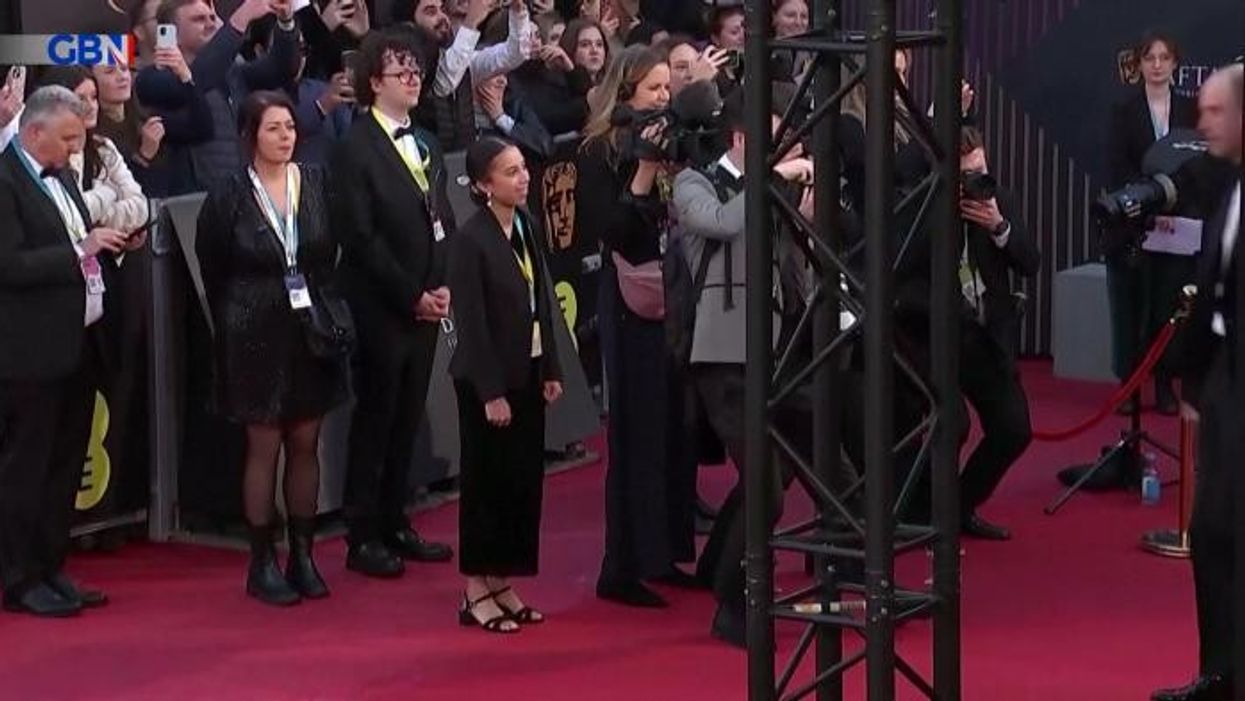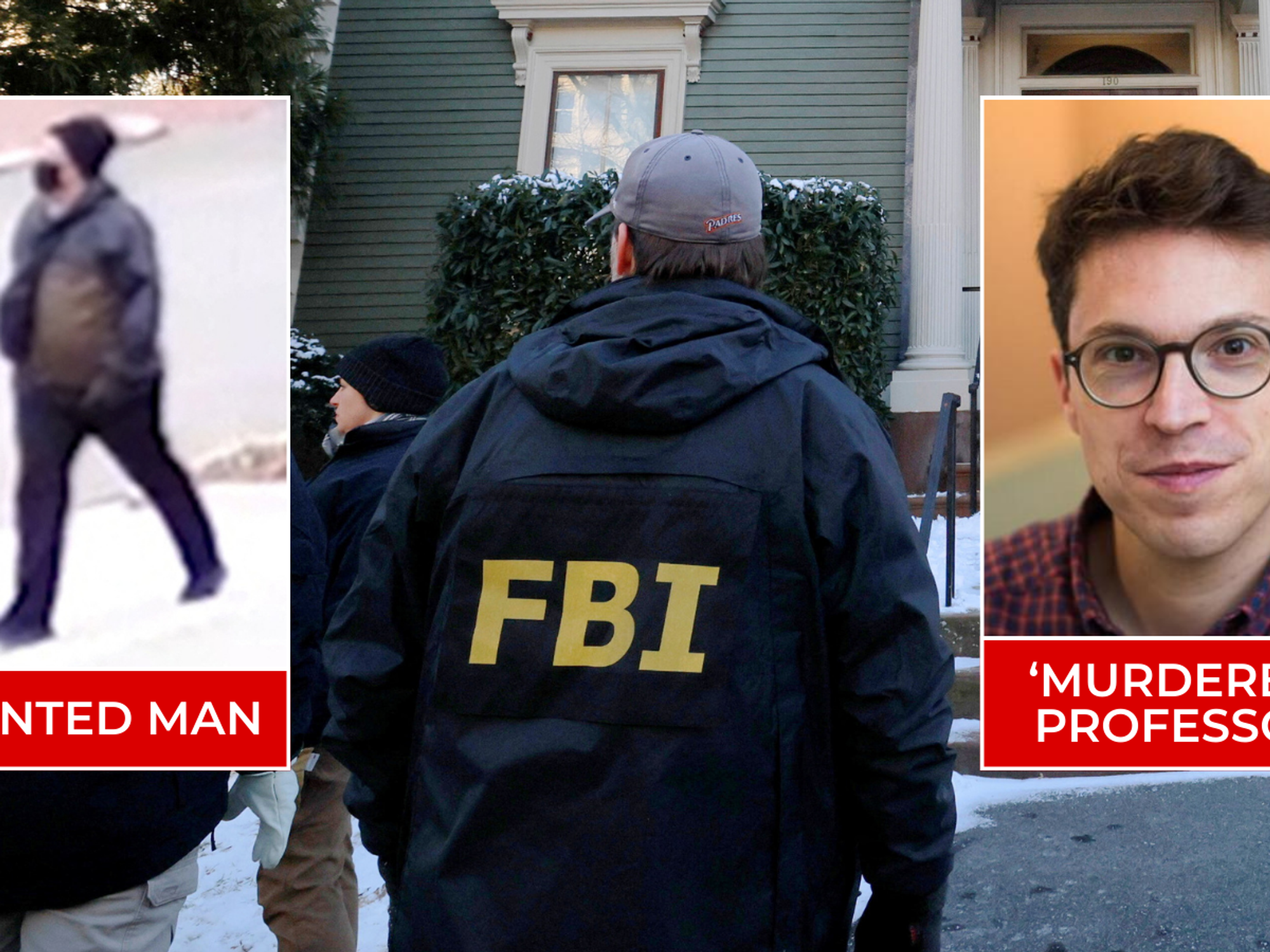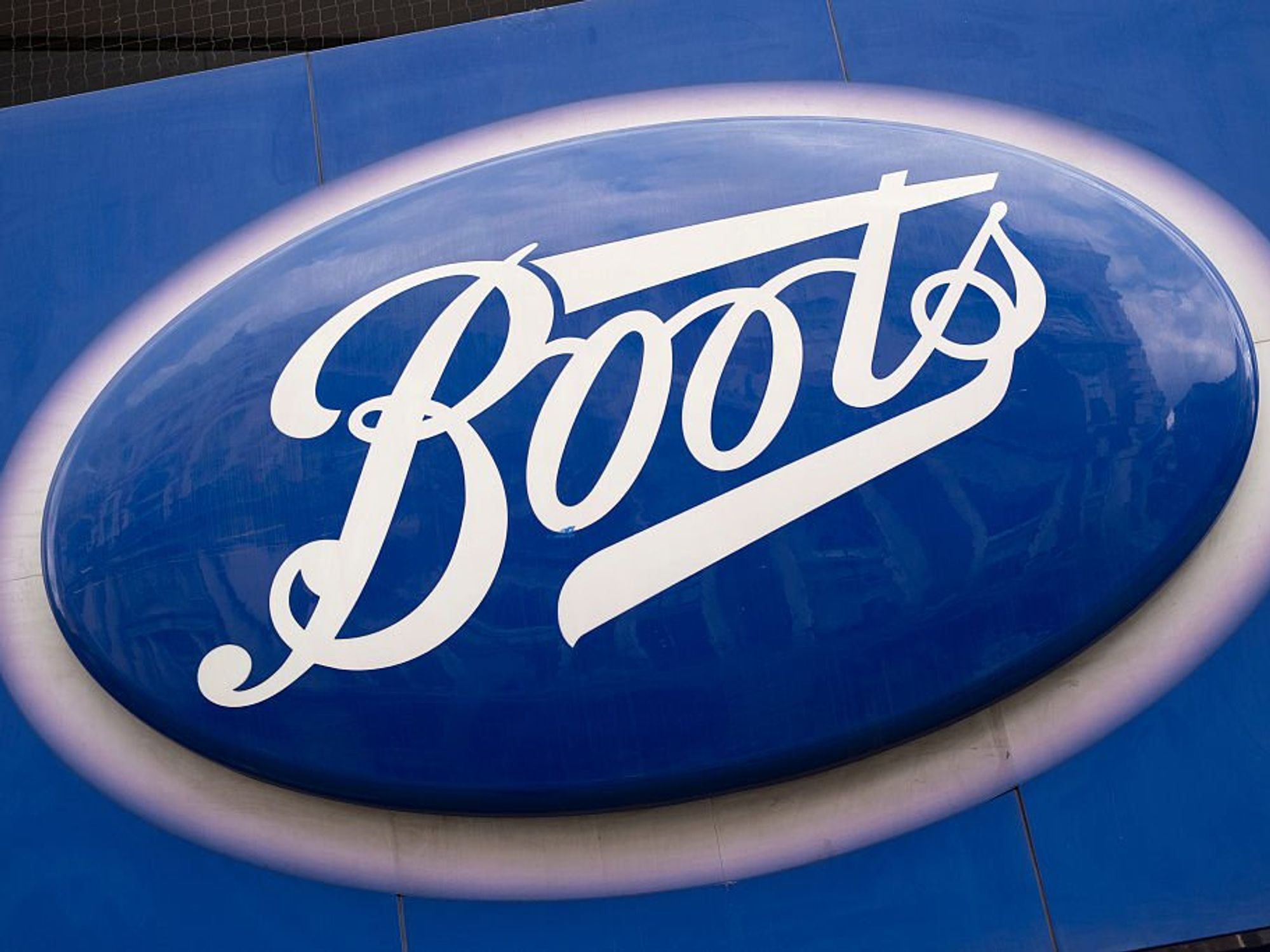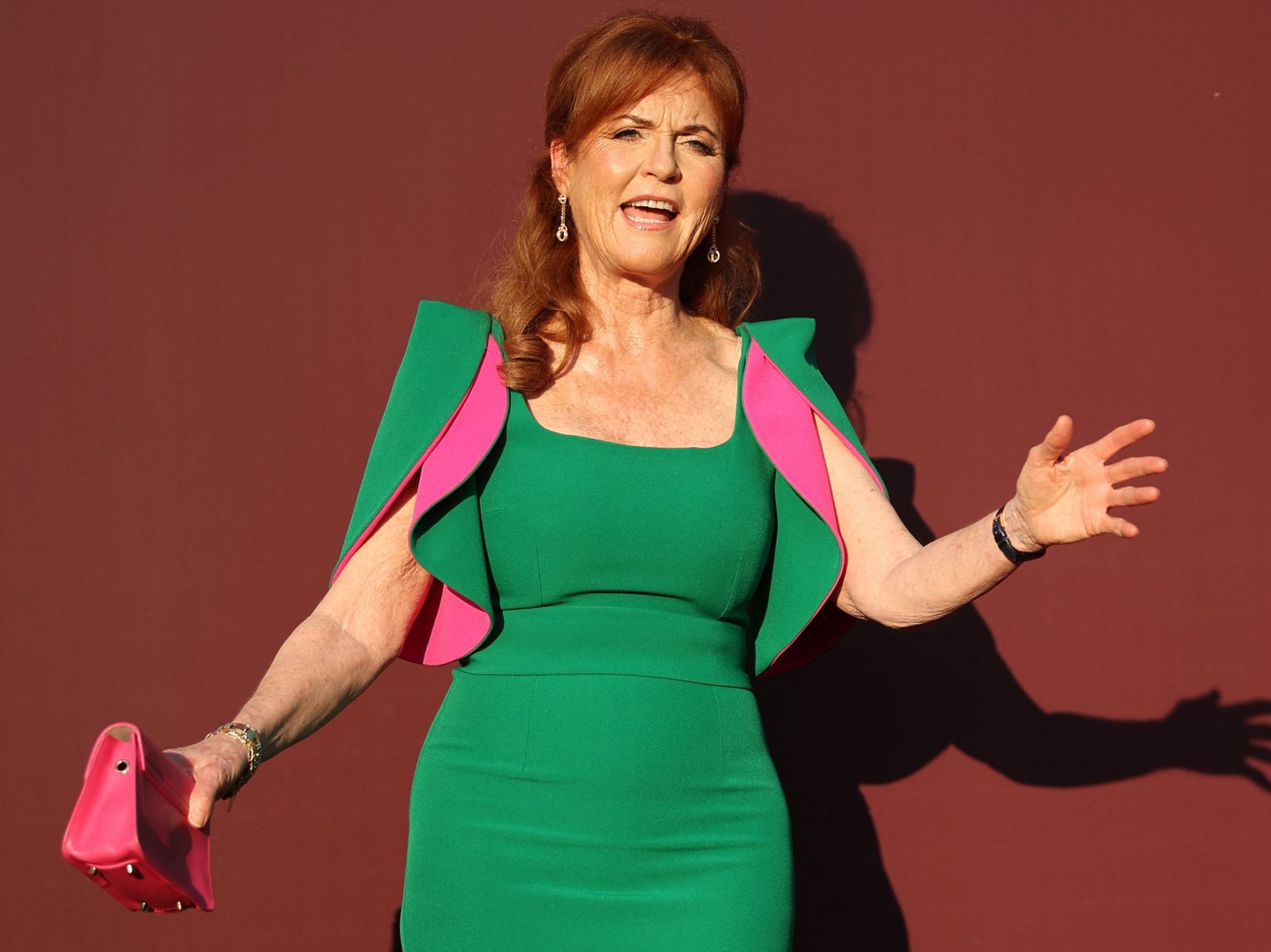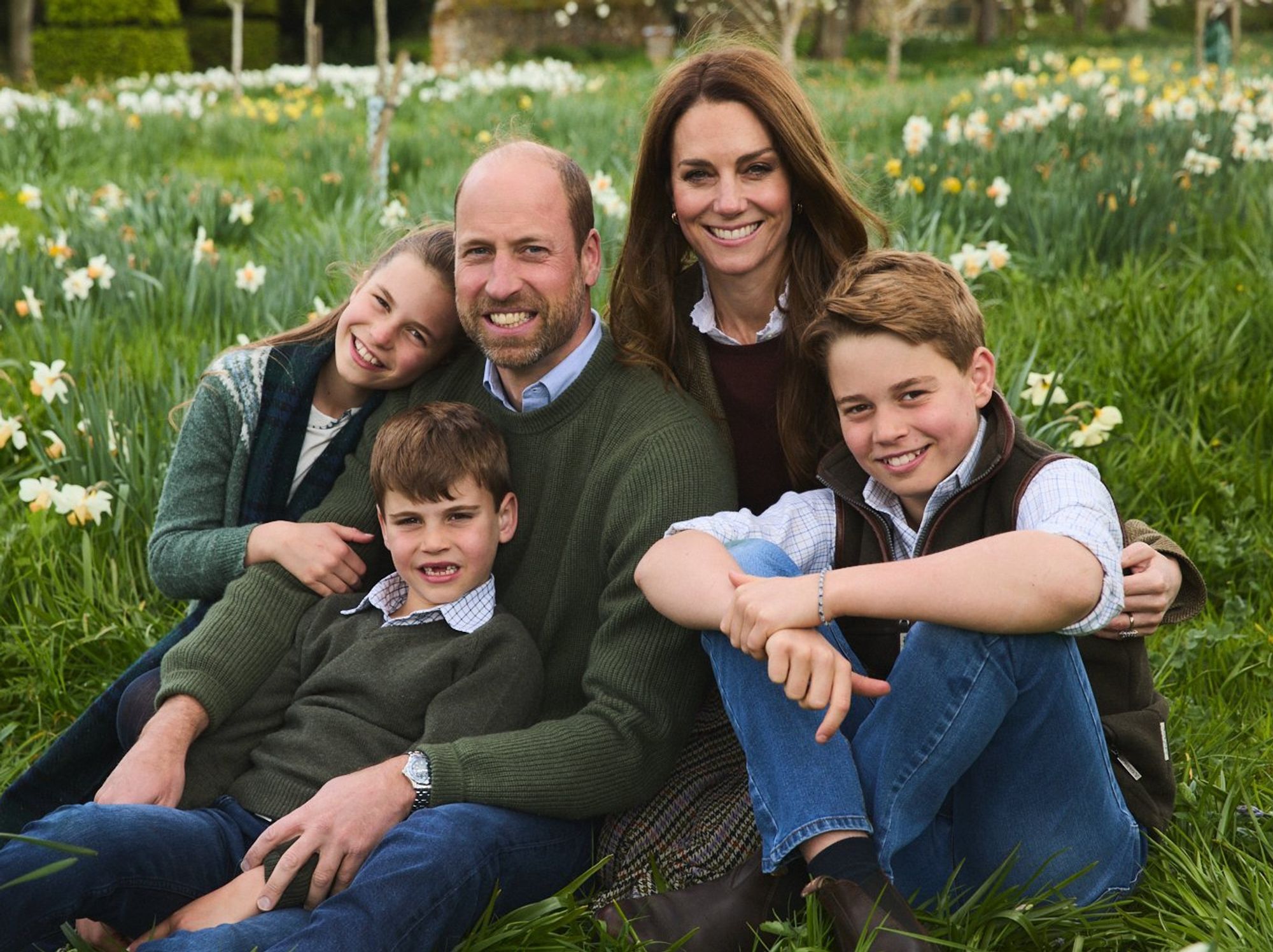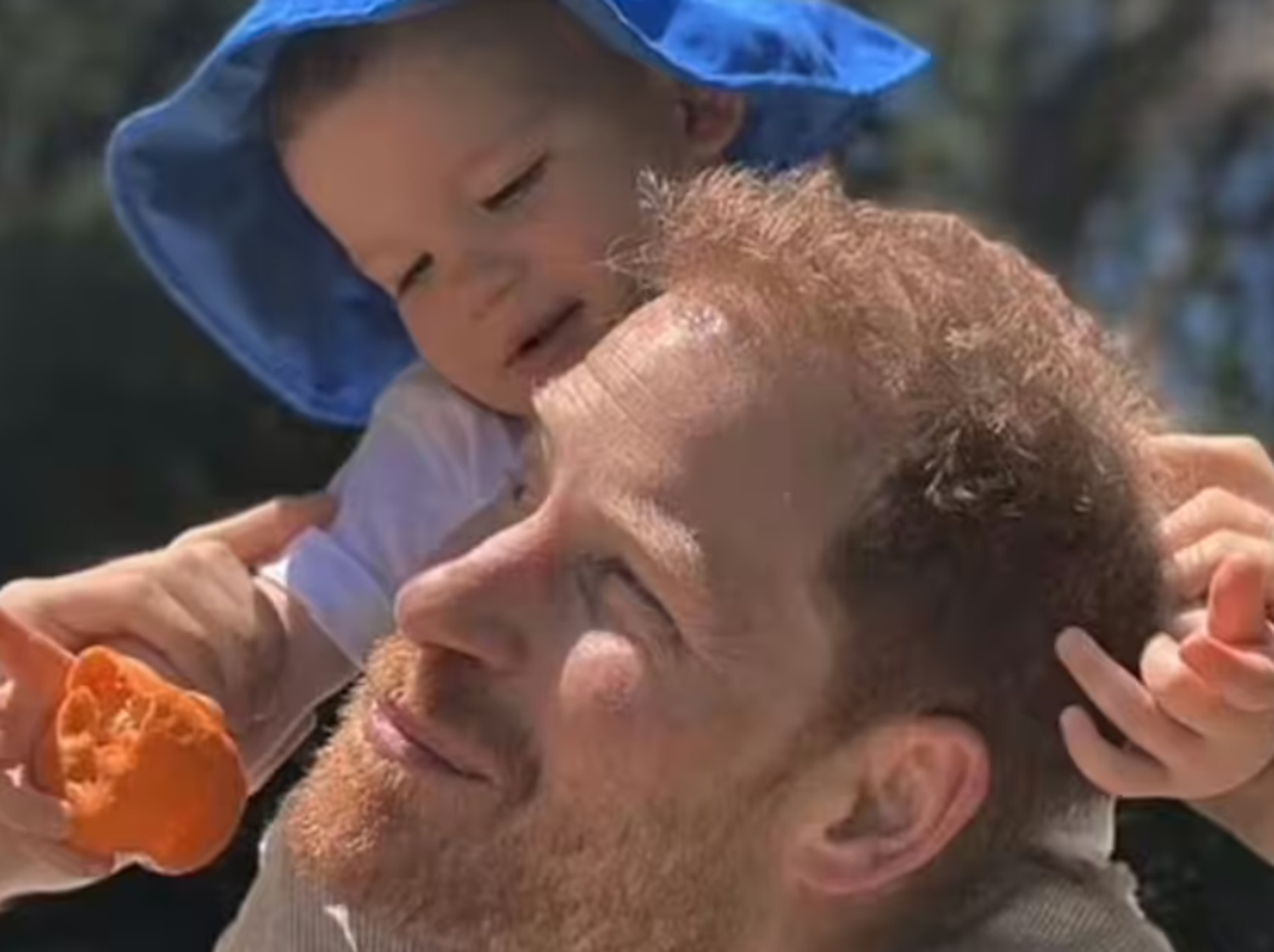'BBC has turned the Baftas into a boring, woke mess', says Olivia Gantzer

GB News reporter Olivia Gantzer delivers her verdict on this year's ceremony
Don't Miss
Most Read
Latest
Last weekend saw the usual big names and faces descend on London for this year’s offering of the prestigious Bafta awards.
While the glitz and the glamour delivered the likes of Margot Robbie, Ryan Gosling and Bradley Cooper among the attendees at the Royal Festival Hall, unfortunately the 77th edition of the British Academy of Film and Television Arts didn’t live up to the hype – and hasn’t done for some time.
Not long into the awards, X, formerly Twitter, was alive with disgruntled viewers admitting they were going to “switch off,” for a multitude of reasons.
Complaints differed but all featured the same narrative – too woke; too boring; too long; wrong presenter. The overriding theme was that the event simply didn’t deliver and wasn’t worth its two-hour slot.
The awards have been going for decades and of course, have changed in that time. But more than just location, faces and films, it seems the originality and pride in the Baftas has gone wayward.
Rather than a distinguished yet poignant and fun way of recognising the nation’s most-applauded talent, the awards now essentially seem to be made up of overly safe components - from presenters, to jokes to delivery, all of which have been exhausted over the last decade or so.
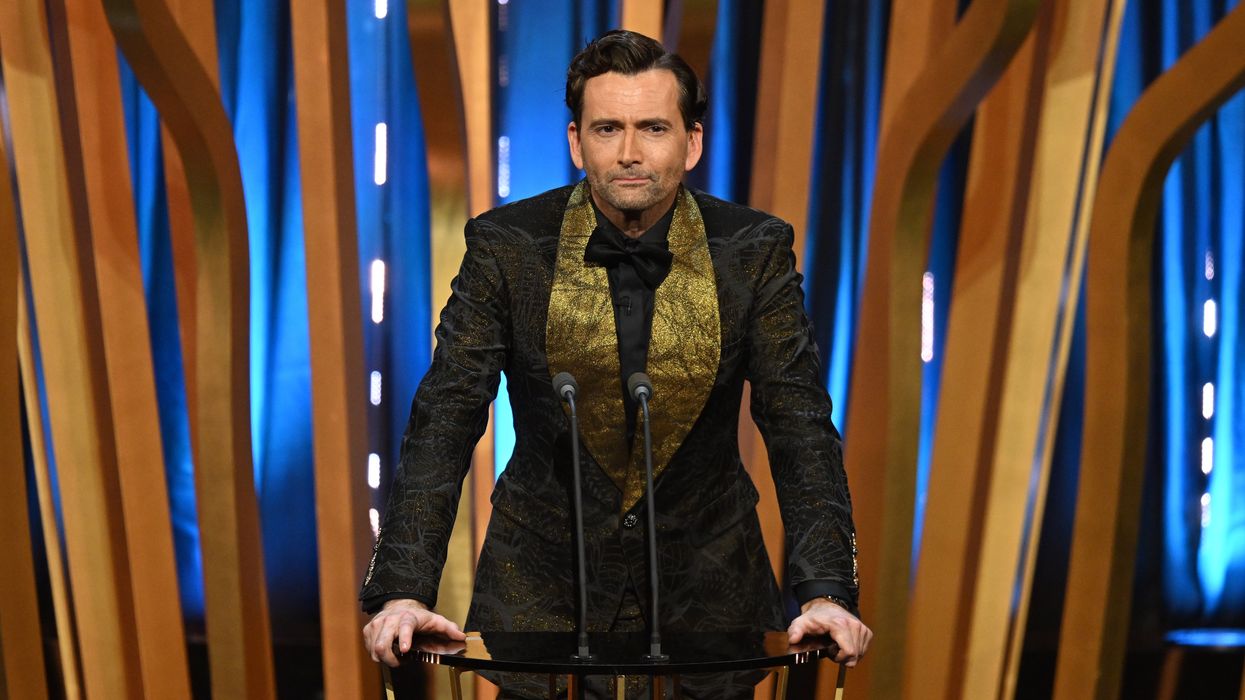
Tennant's jokes were bland and safe, much like most of the ceremony
|Getty
Entertainment legends such as the likes of Richard Attenborough, Terry Wogan and Joanna Lumley have graced previous Bafta stages as hosts, and while David Tennant did a decent job, he is the latest woke additional in the BBC's repertoire.
The actor has starred in a number of the broadcaster’s dramas and even recently reprised his Doctor Who role in an extremely woke BBC special celebrating the sci-fi show’s anniversary, so it was little wonder what kind of thought had been put into the decision.
Tennant is a safe choice for the channel unlike the likes of Ricky Gervais among others. He's a familiar face who wouldn’t break the mould too much and knows how to stick to a script.
His vanilla jokes were once again, safe - and some even branded them “cringe” and “childish”. While Ricky Gervais’ iconic 2020 Golden Globes speech will probably not be repeated by anyone in the near future, it's impossible not to realise whose presenting was more candid, memorable and funny. Should presenters not be striving for those things rather than an outdated and yawn-inducing script?
Of course the BBC wanted someone who wouldn’t insult half of the audience, but with such a predictable choice in Tennant, the channel has done themselves no favours in dispelling some of the claims that the awards are stuffy, overly-censored and pretentious, sticking to what represents the woke agenda rather than entertainment.
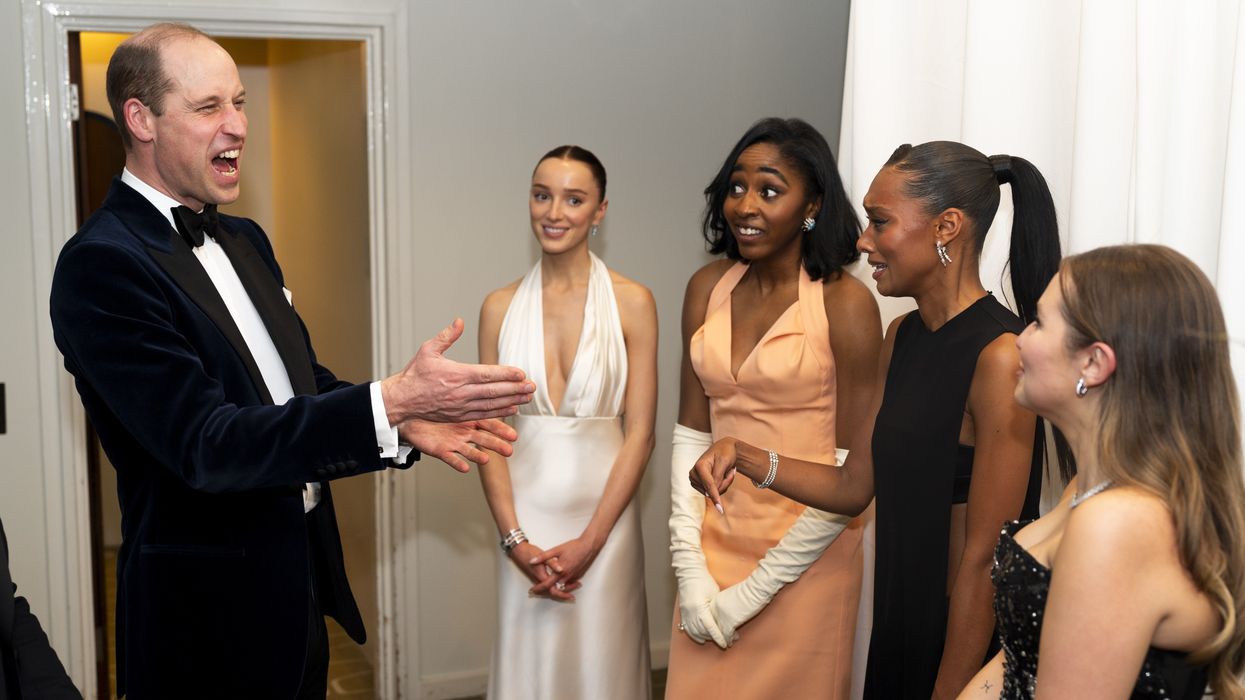
Prince William delivered an awkward comment to the cast of How to Have Sex after McKenna Bruce won Rising Star for her performance
|Getty
Another talking point, of course, was Prince William’s attendance, notably because he was without his wife Catherine, the Princess of Wales, who is still recovering following surgery.
While it’s always interesting to see which celeb the Prince chooses to rub shoulders with at such events, it’s disappointing to look back at the Baftas history and remember how involved the royals once were in the awards.
The ceremony has a long history of support from the monarchy, dating right back to 1959 when Prince Philip, The Duke of Edinburgh, was appointed as its first president.
HRH Prince Philip presented countless awards at the ceremonies, featuring heavily in the main event during his time as president and he seemed to proudly hold a lifelong dedication to the Baftas.
In the 1970s, he and the late Queen Elizabeth II generously gave their share of profits from the film Royal Family to the awards, at the time known as the Society of Film and Television Arts.
The Duke remained an important figure in the world of the Baftas well into the latter part of his life. Other royals also have a demonstrable history of being closely connected with the Baftas and yet Prince William, who merely seems to show up out of obligation, was deemed “out of touch” after a very awkward gaffe at this year’s ceremony.
The Prince of Wales told actors who had starred in acclaimed film, How to Have Sex - a movie about sexual assault - that it looked like “a lot of fun”.
This produced a heavily-shared meme on social media of the actors looking uncomfortable and awkward and the Prince laughed.
He admitted he hadn’t seen the film which to his credit was partly due to his caring for the Princess of Wales, but the blunder does demonstrate the widening gap between the royals and Bafta.
And the lack of engagement seems to be a running theme, with there apparently being more of a disconnect between the public and the latest films, with several complaining on X that they hadn’t heard of half of the productions.
Film fanatics need to be truly engaged with the awards again.
While two hours seems fair for such a big event, the majority of the awards were understandably not able to make the final cut anyway, and most of them were simply listed off in a sped-up “other winners” segment.
Cutting the show would mean fans would probably see a little less of the awards themselves, but perhaps by putting more of a focus on the more significant wins and heartfelt speeches rather than the presenters’ unfunny skits, it would put some heart back into the show and restore some of the adoration which once surrounded the awards.
LATEST DEVELOPMENTS
- Alan Sugar branded 'a small man with a big presence' as BBC The Apprentice star spills on boardroom secrets
- Whoopi Goldberg defends Obama’s daughter in name-change row as she's accused of avoiding ‘nepo baby’ label
- BBC Strictly star Krishnan Guru-Murthy blasts show as ‘sexist’ as he argues it ‘needs to change’
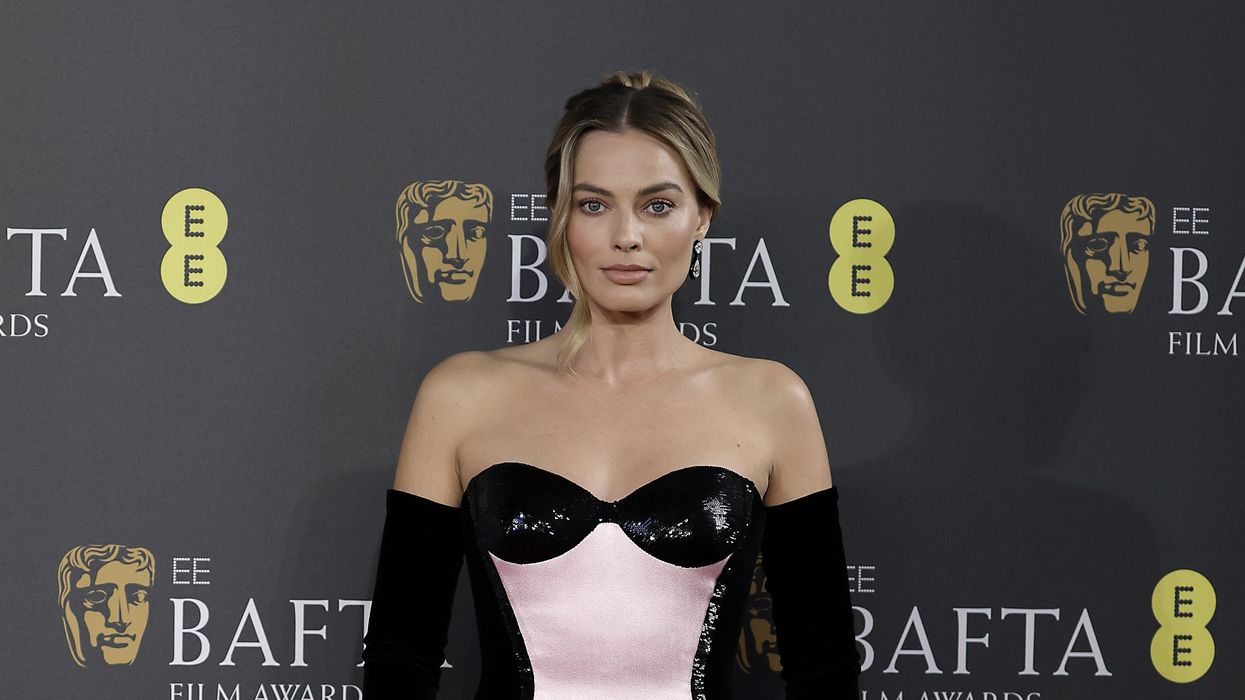
The glitz and glamour didn't match up to the awards ceremony itself
|Getty
Plenty of viewers simply became bored of watching the camera panning towards Prince William, who wasn’t involved much but smiled in all the right places, and the awkward gags by Tennant.
Others merely tuned in to see which stars were going to be there and who the best-dressed were before changing the channel.
The Baftas tradition should be preserved and celebrated, after all its ultimate focus is on recognising the art that goes into entertainment, but if the BBC insists on sticking to a stuffy, safe and predictable format, more and more people will simply tune out.
It’s time the presenters were shaken up from people outside the world of daytime presenting and BBC shows, the royals brought the awards back into focus and the editing became a little more clever - giving the people what they want to actually watch rather than, as usual, force-feeding an agenda everyone is all too familiar and bored with.


